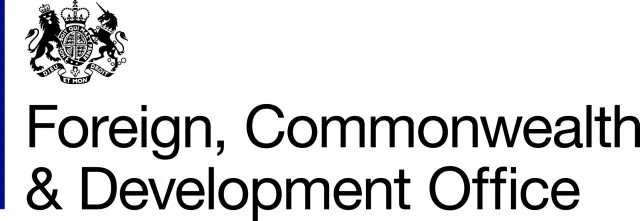Narratives
While a strong evidence base has been developed, we need to build bolder, more positive narratives to advocate for SRHR. The narratives of care, families, safety and protection need to be reclaimed and we should take inspiration from other movements successes and their approaches, such as the climate movement. We need to jointly develop a new bold and progressive vision based on hope, health, equity and rights.
Long-term narrative building should be carefully balanced with real-time, shorter-term messaging to navigate current political spaces. Some attendees thought that to make true progress, conversations would be better focused on the essence of the topic with greater flexibility of terminology. Throughout the deployment of new narratives, it is important to monitor, respond and adapt to unintended consequences which can arise.
“Those who oppose SRHR use parents and families as an emotional trojan horse to stop progress, we need to be better at telling the real story beyond the statistics”
The way online spaces shape global narratives also needs to be tackled. Growing disinformation online, and harmful online content can be accessed easily by young people. We need to equip them with the tools to understand and manage this information and greater action must happen to hold social media companies to account and tackle this at the source.
Movements and alliances
A challenge for the feminist movement is the nuance and division that exists within it. This is often exploited by those who are anti SRHR at national and multilateral level. Investing time and energy into strengthening the movement is not only needed to respond to the current challenges but builds a platform on which to progress together.
Young people are leaders today and of tomorrow, however current engagement is often tokenistic, extractive or transactional rather than strategic and supportive. Young people are seeking meaningful collaboration with governments and organisations as equal partners.
Professional associations remain a relatively untapped source into existing movements that can be utilised much more effectively and easily by connecting with them through their existing structures and global moments. Initial outreach could focus on gynaecologists and obstetricians, midwifes and teachers.
Our movement needs to be broad and inclusive. In particular, we need to better involve marginalised groups to speak up on SRHR, including people with disabilities, refugees and those living in poverty and humanitarian contexts.
There should be a deepening of work to build relationships and dialogues between countries on key SRHR topics through coordinated outreach and engagement by like-minded governments. This outreach should also seek to improve coordination within countries between different ministries, sectors and negotiators.
Multilateral
We will continue to safeguard global consensus at the multilateral level. There are opportunities to reorientate and ensure the spaces become as effective as possible within the geopolitical context. This should include better inclusion of civil society and youth delegates in government delegations with adequate support structures and capacity building.
Likeminded member states and donors should support UN agencies, such as UNFPA to use their convening power more effectively in multilateral negotiations, including through outreach and support for national delegations. All actors should be advocating for greater transparency and access for civil society in processes. It will also be important to engage with the newly established UN Youth Office and implementation of the Youth Strategy. Global north like-minded member states need to be ready to engage constructively on topics such as the right to development, debt relief, the agreement on Trade-Related Aspects of Intellectual Property Rights (TRIPS) and racism, which are important for global consensus on SRHR.
There are real opportunities for progress at regional level. We celebrate the fact that 42 countries have ratified the Maputo protocol, and we will celebrate the anniversary of the Montevideo consensus which sets a powerful agenda on SRHR.
Funding
Greater coordination is required between donors in order to tackle funding gaps, reduce duplication, and strengthen collaboration and learning. Donors should explore new and innovative areas to fund with a long-term view, and innovative funding sources should be pursued, including private sector.
“Look at who will be holding power in 10-15 years – we need to invest in and support them now”
Funding must become more responsive, adaptive and accountable to support the needs of organisations, civil society and youth led movements including higher levels of trust, transparency and long-term funding cycles. Donors need to listen and learn how to do this.
Long term, flexible and core funding to youth and other activist-led movements is a priority. Support should include organisational development, time and mentorship and facilitating connections and opportunities.
Donors must take a more pro-active approach to do no harm. This should include more robust due diligence processes and review of structures to ensure that funding is not unintentionally supporting rollback and efforts to reverse progress on SRHR and gender equality.
Bekky Ashmore
Wilton Park | June 2023
In partnership with

-
Notes
Wilton Park reports are brief summaries of the main points and conclusions of a conference. The reports reflect rapporteurs’ personal interpretations of the proceedings. As such they do not constitute any institutional policy of Wilton Park nor do they necessarily represent the views of the rapporteur. Wilton Park reports and any recommendations contained therein are for participants and are not a statement of policy for Wilton Park, the Foreign, Commonwealth and Development Office (FCDO) or His Majesty’s Government.
Should you wish to read other Wilton Park reports, or participate in upcoming Wilton Park events, you can find out more here.
To receive our monthly bulletin and latest updates, please subscribe here.
